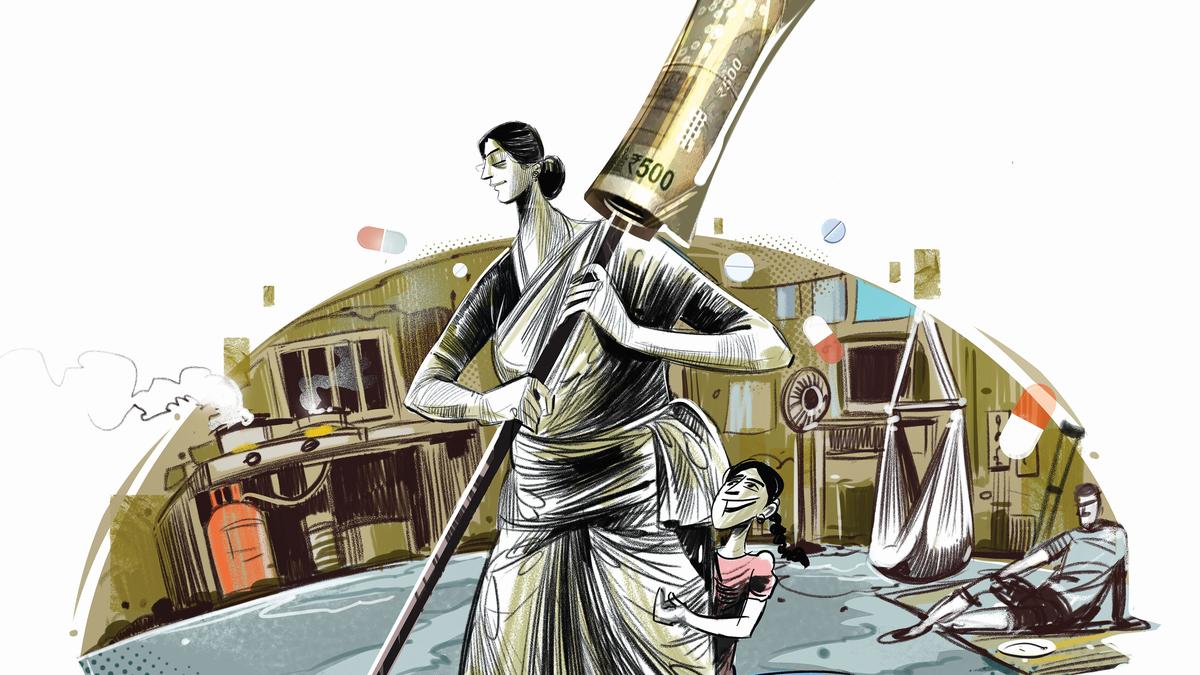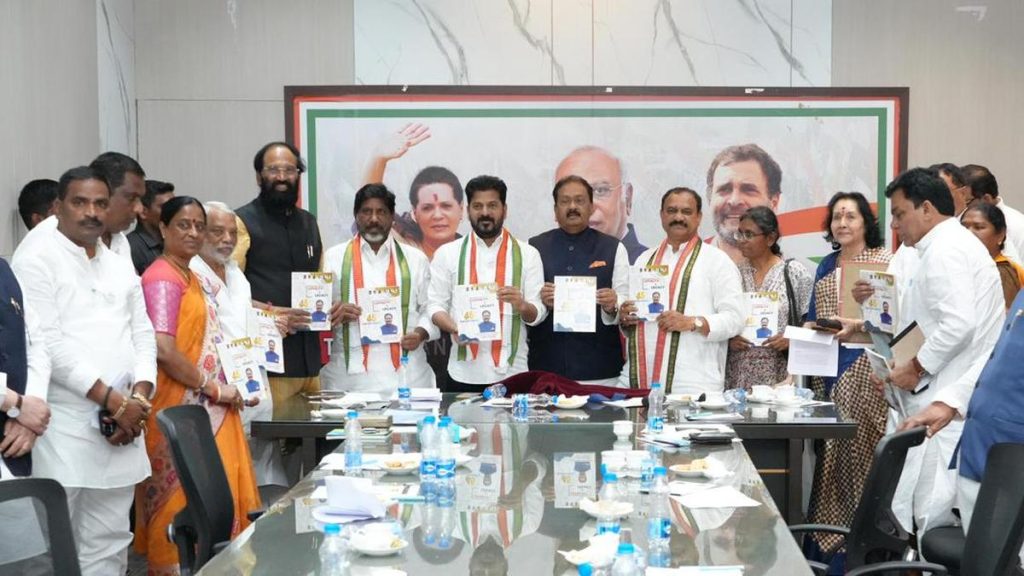Now Reading: Recognizing Care Work: A Tamil Nadu Perspective
-
01
Recognizing Care Work: A Tamil Nadu Perspective
Recognizing Care Work: A Tamil Nadu Perspective

Rapid Summary
- The Kalaignar Mahalir Urimai Thogai scheme, introduced in Tamil Nadu in 2023, provides ₹1,000 monthly to women heads of families earning less than ₹2.5 lakh annually.
- This initiative recognizes unpaid domestic and care work traditionally done by women and compensates them for it. Tamil Nadu is the first state to implement such a policy.
- Approximately 81.5% of Indian women participate in unpaid domestic work, compared to 27% men, as per the Time Use Survey 2024.
- The scheme benefits over 1.14 crore recipients in Tamil Nadu, enabling many women to access healthcare, save for education emergencies, repay debts more confidently, or start small businesses.
- Despite its impact on improving financial independence for women like tea stall owner S. Maheswari and farmworker A. Mariammal:
– Some beneficiaries report irregular payments or exclusions despite repeated applications.
– Experts suggest expanding awareness campaigns and addressing broader care-work dynamics.
- Research conducted by King’s college London confirmed that 49% of beneficiaries spend the money on household essentials while others use it as a safety net or for income generation initiatives.
Indian Opinion analysis
The Kalaignar Mahalir Urimai Thogai scheme is an innovative step toward recognizing women’s notable yet historically overlooked contributions through unpaid domestic labor in India-an issue emphasized by experts who highlight its economic invisibility across policies and frameworks nationwide.
For beneficiaries like Ms. Eshwari in Tiruchi who started her snack shop or Ms. mariammal saving for her son’s education-this modest financial assistance paves the way toward empowerment beyond poverty alleviation alone; it represents autonomy over critical decisions affecting family welfare.
however, practical shortcomings still exist with reported discrepancies regarding timely distribution and inclusion criteria-a factor policymakers must address effectively to ensure equitable implementation across all intended participants.
Furthermore-as academics stress-the success of such schemes could hinge not only on cash transfers but also shifting societal perceptions about gendered caregiving roles through targeted public messaging involving all stakeholders (including men). This recalibration may reinforce care work as a collective human duty rather than one solely borne by women while driving systemic enhancements like wider access to childcare facilities-all foundations needed for enduring change within India’s socio-economic fabric.
Read More: [Link from Input]

























